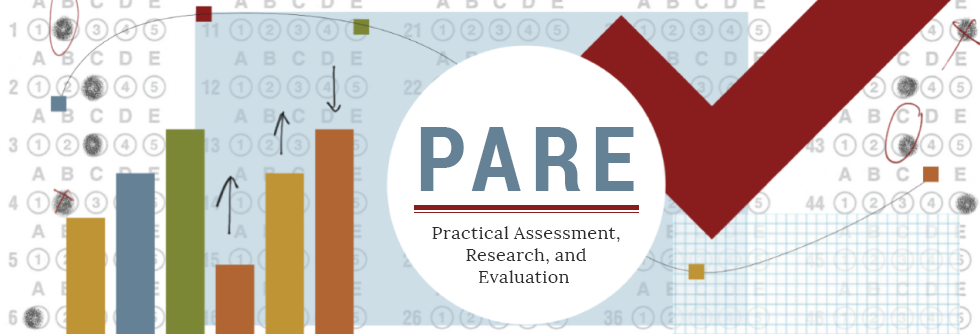A Primer on Multivariate Analysis of Variance (MANOVA) for Behavioral Scientists
- Russell Warne
Abstract
Reviews of statistical procedures (e.g., Bangert & Baumberger, 2005; Kieffer, Reese, & Thompson, 2001; Warne, Lazo, Ramos, & Ritter, 2012) show that one of the most common multivariate statistical methods in psychological research is multivariate analysis of variance (MANOVA). However, MANOVA and its associated procedures are often not properly understood, as demonstrated by the fact that few of the MANOVAs published in the scientific literature were accompanied by the correct post hoc procedure, descriptive discriminant analysis (DDA). The purpose of this article is to explain the theory behind and meaning of MANOVA and DDA. I also provide an example of a simple MANOVA with real mental health data from 4,384 adolescents to show how to interpret MANOVA results. Accessed 27,579 times on https://pareonline.net from November 18, 2014 to December 31, 2019. For downloads from January 1, 2020 forward, please click on the PlumX Metrics link to the right.
Keywords: Educational Research, Research Methodology, Statistical Analysis
How to Cite:
Warne, R., (2014) “A Primer on Multivariate Analysis of Variance (MANOVA) for Behavioral Scientists”, Practical Assessment, Research, and Evaluation 19(1): 17. doi: https://doi.org/10.7275/sm63-7h70
Downloads:
Download PDF
View PDF
7512 Views
854 Downloads
